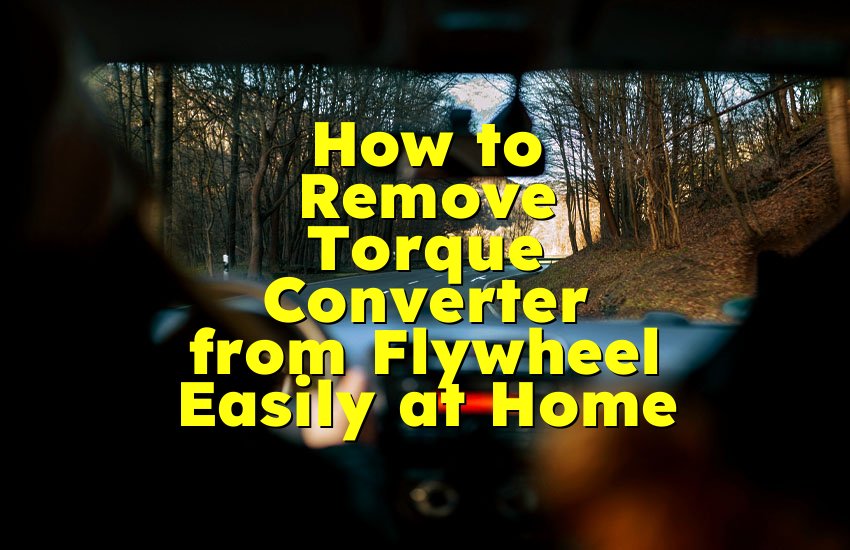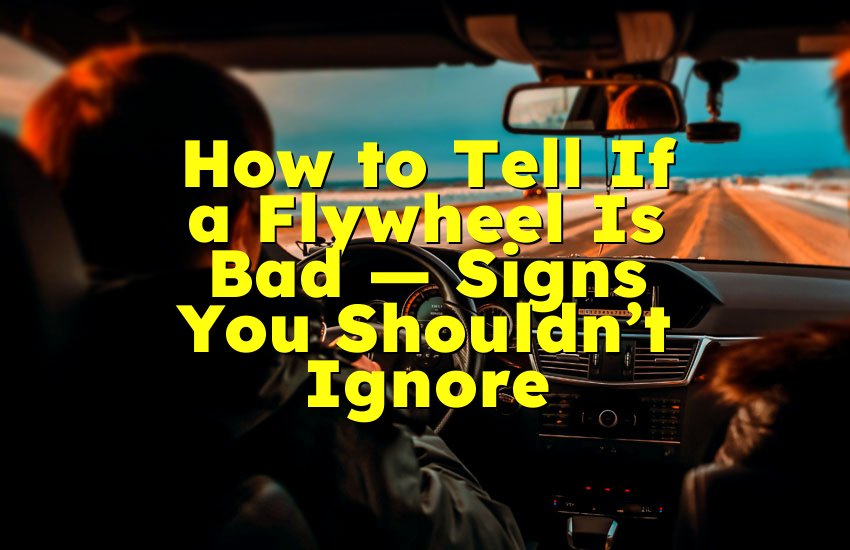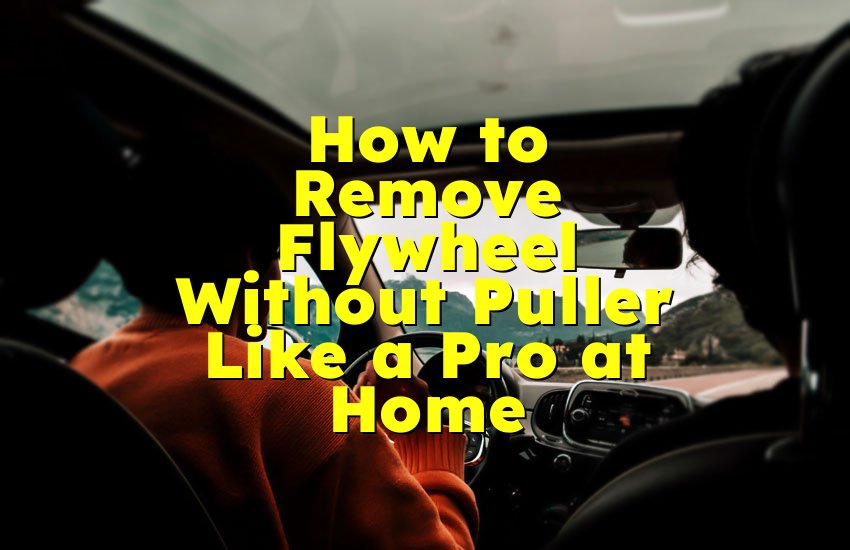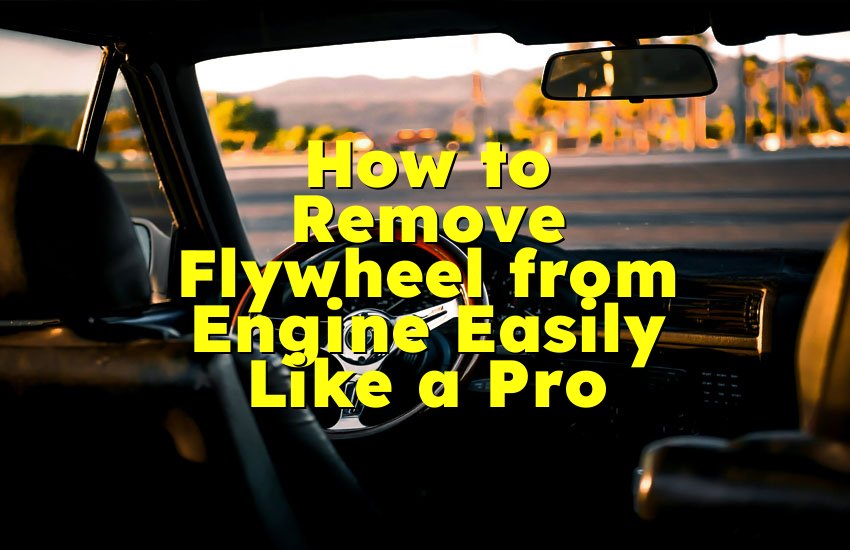As an Amazon Associate, I earn from qualifying purchases at no extra cost to you.
Can a Bad Oil Filter Cause Low Oil Pressure? Know the Truth!
Have you ever seen your oil pressure light come on while driving and felt your heart sink? You’re not alone. I've been there too, and I found out the real problem was my oil filter! Yes, a bad oil filter can cause low oil pressure, and it can even damage your engine. In this article, you'll learn exactly how it happens, what signs to watch for, and how to fix it for good.
How the Oil Filter Works in Your Car
The oil filter in your car may look small, but it does a very big job. It cleans the engine oil before it moves through the engine parts. This helps keep dirt, metal bits, and other bad stuff out of your engine. If this junk gets in the engine, it can scratch and wear out parts fast.
When your engine runs, oil moves through it to keep everything cool and smooth. But before it goes in, the oil passes through the filter. The oil filter catches any dirt or metal bits. Clean oil is very important for your engine to work right.
Inside the oil filter is a paper-like material that traps dirt. Some filters also have a spring-loaded valve called a bypass valve. If the filter gets too dirty or blocked, the oil will go around the filter using this valve. That way, your engine still gets oil, but it’s not clean oil.
If the oil filter is too dirty or broken, it can slow down the flow of oil or even block it completely. When that happens, your oil pressure can drop. That means your engine is not getting enough oil, which is very dangerous.
A clogged or poor-quality oil filter also makes the oil pump work harder. The pump tries to push oil through the blocked filter, but it may not be strong enough. This can also cause low oil pressure.
Even though the oil filter is small, it connects with many parts in the engine. If something goes wrong with it, the whole engine can be at risk. It can even lead to engine failure.
- The oil filter cleans engine oil.
- Dirty filters slow down oil flow.
- A blocked filter can cause low oil pressure.
- Oil pressure problems can hurt your engine.
- The oil pump also works harder if the filter is clogged.
Signs That a Bad Oil Filter Is Causing Low Oil Pressure
Many people don’t notice the signs of a bad oil filter until it’s too late. But there are clear signs you can look for to catch the problem early. These signs are easy to miss if you’re not paying attention, but once you know them, you can act fast.
The first and most scary sign is the oil pressure warning light on your dashboard. This light comes on when your car notices the oil pressure is too low. It’s a red light that usually looks like a little oil can. If this light shows up, don't ignore it.
Another sign is strange engine noise. If your oil filter is clogged, the engine won’t get enough oil. Without enough oil, the engine parts rub together. You might hear knocking or ticking sounds. This noise is a warning that your engine is in trouble.
You may also notice your engine overheating. Oil helps cool the engine. If the oil filter is blocking the flow, the engine may get too hot. Overheating is very bad and can cause major engine damage.
Sometimes, you will smell burning oil. A bad filter can cause oil to back up or leak. If it drips on hot parts, it burns and creates a strong smell. This is another big warning sign.
If your car stalls or struggles to start, it might be because of low oil pressure. Oil pressure helps move parts smoothly. Without it, your engine may not run right.
Oil leaks can also happen if the filter is not installed right or if it's cracked. A leaking filter causes oil loss, which also lowers pressure.
These signs may seem small, but together they show a serious problem. Watch for them and act fast.
- Oil pressure light is on
- Engine makes knocking or ticking sounds
- Engine is overheating
- Burning oil smell
- Car stalls or hard to start
- Oil leaks around the filter
What Happens to the Engine When Oil Pressure Is Low
When oil pressure is low, your engine is in danger. Oil is like the blood of the engine. It flows through every part to keep it cool and smooth. Without enough oil pressure, the engine can get badly damaged very fast.
First, engine parts start to rub against each other. Normally, oil makes a thin layer between them. But low oil pressure means less oil. This causes parts like pistons, bearings, and the crankshaft to grind together.
This grinding makes heat. Too much heat can warp metal parts or even melt them. The engine will start to wear out quickly. Some parts may stop working completely.
If this goes on, the engine may seize. That means the parts get so hot and stuck that the engine stops moving. A seized engine is very hard or impossible to fix. It usually means the engine is ruined.
The oil pump also suffers. If it tries to pump oil through a clogged filter, it works too hard. It can break or wear out, making the problem worse.
Even small parts like the camshaft or valve lifters need oil. If they don't get it, they can fail. That causes more damage and more cost to fix.
Your car may also lose power. The engine will not work right. You may feel it shaking, stopping, or not going fast enough.
If you keep driving with low oil pressure, your repair costs will go up fast. You may need a new engine, which can cost thousands of dollars.
- Engine parts rub and wear out
- Parts overheat and get damaged
- Engine may seize or stop working
- Oil pump can fail
- Power loss and bad engine performance
- Expensive engine repair or replacement
How a Bad Oil Filter Causes Oil Pressure Problems
A bad oil filter can directly cause oil pressure to drop. This can happen in more than one way. It depends on whether the filter is clogged, broken, or just poor quality.
When the filter is clogged with dirt and debris, oil can't pass through it easily. This causes a drop in pressure. The oil has to work harder to get through, and sometimes it doesn’t make it to the engine parts in time.
A broken filter can also cause leaks. If the filter is cracked or not sealed right, oil leaks out. Less oil means lower pressure. Even a small leak can create a big problem over time.
Cheap or fake oil filters often have weak parts. Their filter material can fall apart inside. This blocks the flow or lets dirt go through. Dirty oil hurts the engine and causes pressure problems.
The bypass valve inside the filter is also important. If it sticks or doesn't open, pressure builds up behind the filter. If it stays open all the time, dirty oil goes straight to the engine. Both things are bad for oil pressure.
Sometimes, people forget to change the oil filter when they change the oil. An old filter already full of dirt can't clean the new oil. That means the oil flow stays blocked.
Wrong installation is another cause. If the filter is not tight or if the rubber gasket is damaged, oil can escape. This causes a drop in oil pressure fast.
These problems show how important the oil filter is. A bad filter is more than just a dirty part — it's a big danger to your car.
- Clogged filter slows oil flow
- Broken or cracked filter causes leaks
- Cheap filters fall apart or let dirt pass
- Bad bypass valve affects pressure
- Old filters block new oil
- Wrong installation causes oil loss
How to Fix Low Oil Pressure Caused by a Bad Oil Filter
If you think your oil pressure problem is from a bad oil filter, don't panic. You can fix it, but you must act fast to stop engine damage. Here's what you can do step by step.
First, stop driving the car. Running the engine with low oil pressure can ruin it. Park your car in a safe place and let it cool.
Next, check the oil level using the dipstick. If oil is very low, it might be leaking or burning. Add oil if needed, but don't skip the next step.
Now, change the oil filter. Use a high-quality brand that fits your car. Cheap filters are not worth the risk. Always change the oil and filter together for the best result.
Check for oil leaks around the filter. If you see oil dripping, the old filter might have been installed wrong. Clean the area, and make sure the new filter is tight but not too tight.
After the change, start the engine and watch the oil pressure light. If the light goes off and stays off, the problem may be fixed. If it stays on, there may be other problems.
If you still have low oil pressure, the oil pump, sensor, or engine parts may be damaged. In this case, visit a trusted mechanic right away.
Doing regular oil and filter changes every 3,000 to 5,000 miles helps stop these problems before they begin. Always follow your car's service guide.
- Stop the car if pressure is low
- Check and add oil if needed
- Replace the oil filter with a good one
- Look for leaks after changing the filter
- Watch the oil pressure light
- Go to a mechanic if light stays on
- Do regular oil and filter changes
How to Prevent Oil Pressure Problems in the Future
Stopping oil pressure problems before they start is the best way to save your engine and your money. Here are simple things you can do to protect your car.
Always use good quality oil filters. Don't buy the cheapest one. A few extra dollars can save you from engine repairs. Stick to trusted brands.
Follow your car's oil change schedule. Don't wait too long. Changing oil and filter on time helps keep the oil clean and flowing right.
Check your oil level often. Use the dipstick once a week or before long drives. Low oil means low pressure. Top it off when needed.
Listen to your engine. If you hear strange noises or see the oil light, don't ignore it. Act fast to stop big damage.
Check for leaks under your car or around the engine. A small oil leak can become a big problem quickly. Fix leaks early.
Keep your engine clean. Dirt and debris can clog the oil filter faster. A clean engine stays healthy longer.
Don't skip service visits. Mechanics can catch problems early before they turn serious. A quick check-up can save your engine.
- Use high-quality oil filters
- Change oil and filter on time
- Check oil level often
- Watch and listen for warning signs
- Fix oil leaks early
- Keep engine clean
- Do regular service checks
Final Thoughts
A bad oil filter can truly cause low oil pressure and lead to engine damage if you don't act fast. By knowing the signs and keeping up with simple checks, you can protect your engine and avoid big repair bills. Always use good oil filters, change them on time, and never ignore the warning signs. Your car will thank you for it.
| Topic | Key Point |
|---|---|
| Oil Filter Job | Cleans oil before engine use |
| Signs of Bad Filter | Low pressure light, noises, leaks |
| Engine Trouble | Overheating, damage, power loss |
| Filter Causes | Clogs, leaks, cheap parts |
| Fixing the Issue | Stop engine, replace filter, check oil |
| Preventing Trouble | Use good filters, change oil on time |
Frequently Asked Questions (FAQs)
Is it safe to drive with a bad oil filter?
No, it is not safe. A bad oil filter can block oil flow or let dirt into the engine. This can cause low oil pressure and damage engine parts. If you see the oil warning light, hear strange engine sounds, or smell burning oil, stop driving and check the filter. Fixing it early can save you from costly engine damage later.
Can a clogged oil filter lower oil pressure?
Yes, it can. A clogged oil filter makes it hard for oil to pass through. When the oil can’t move freely, pressure drops. This means parts of your engine may not get the oil they need. Over time, this can cause engine parts to wear out or even fail. A clean oil filter helps keep oil flowing with the right pressure.
Is it expensive to fix low oil pressure?
It depends on the cause. If it’s just a bad oil filter, the cost is low. A new filter and oil change are cheap. But if you keep driving with low oil pressure, it can damage the engine. Then repairs can cost a lot, sometimes even needing a full engine replacement. Fixing it early is always cheaper.
Can I replace an oil filter by myself?
Yes, if you are comfortable working on your car. You'll need a wrench, new filter, and oil. Make sure the engine is cool before you start. Remove the old filter, drain the oil, then put on the new one. Add fresh oil and check the level. If you’re not sure, a mechanic can do it quickly and safely.
Do I need to change the filter every oil change?
Yes, it’s best to change the oil filter every time you change the oil. The filter collects dirt and metal from the old oil. If you keep the old filter, it can block the new oil or let dirt go into the engine. Changing both together keeps your engine clean and running smooth.
Is it normal for oil pressure to drop at idle?
A small drop in oil pressure at idle is normal. But if it drops too low, there could be a problem. A bad oil filter might be causing poor oil flow. It's a good idea to check the filter and oil level. If the pressure stays low, get your engine checked right away.
Can a wrong oil filter cause problems?
Yes, using the wrong oil filter can cause leaks, poor oil flow, or even engine damage. Not all filters fit the same. A filter that doesn’t fit well might not seal right, and oil can leak out. Always use the correct filter for your car. Check your car manual or ask a mechanic to be sure.
Do I need to worry if I see the oil light for a second?
If the oil light comes on for just a second when you start the car, it’s usually okay. But if it comes on while driving, even for a short time, it means low oil pressure. You should stop the car and check the oil level. A bad oil filter could be the cause, and it's better to fix it early.











